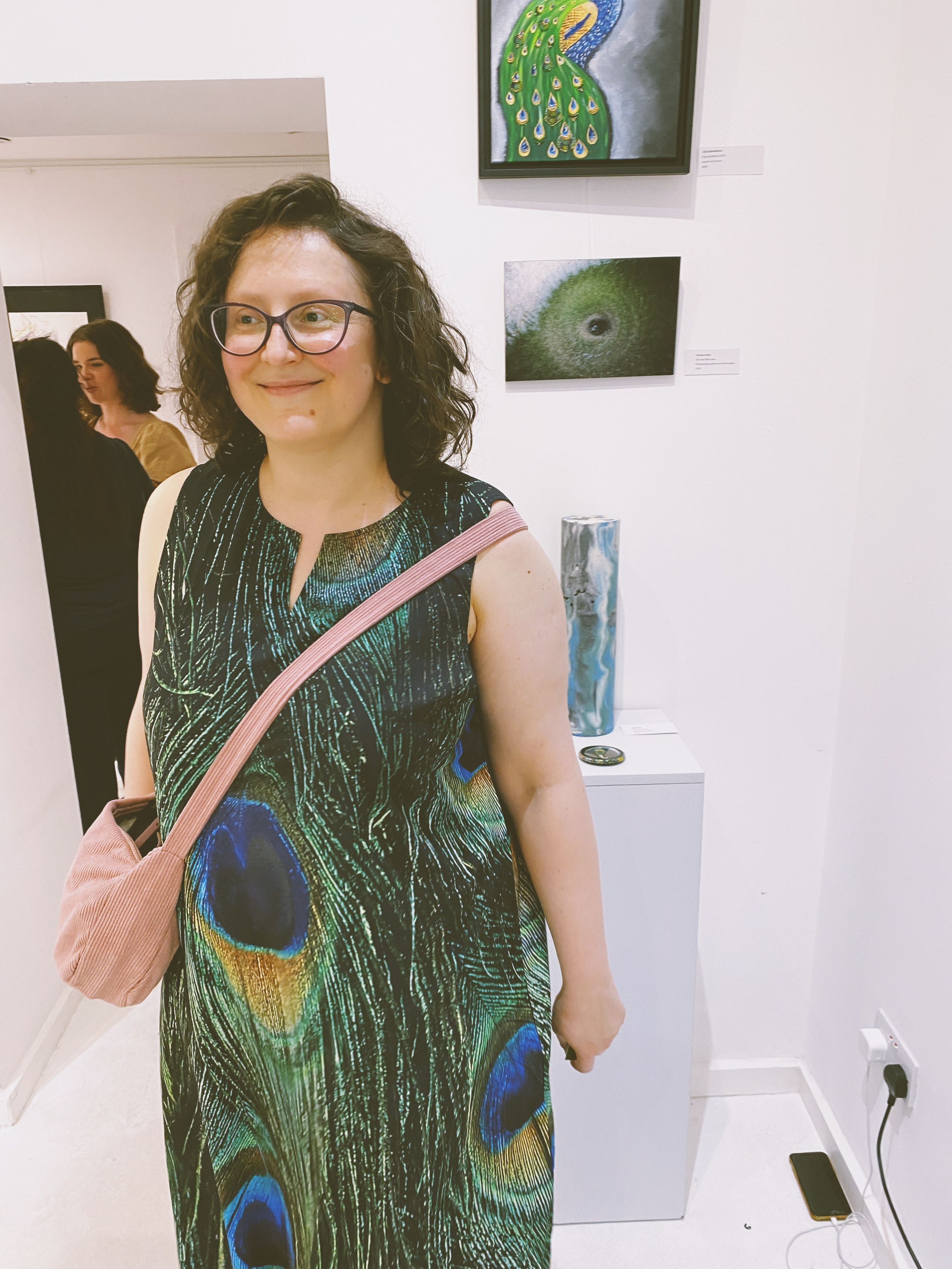It’s so interesting how much we are influenced by tools.
I always wanted to degrade the picture, to take away its smoothness, its ringing, to make it rough, uneven, irregular; my old, very first Canon 5d (without the mark in its name) allowed me to do that, but when I moved to Canon Mark IV — which is not new either! — I realised it didn’t work. No way. It’s too clear, crisp, large, detailed, I have to dodge, to muffle the excessiveness either with the lens, or the manner of shooting, or processing. The camera resists my manner. It’s too good :)
But on my baby Ricoh GR II (also of an older year), I don’t need to degrade anything, it shoots straight out of the dreamland where I come from. With it, I almost always get what I’ve always wanted — living, breathing, wrong absolutely. The shots come out looking kind of shabby.
Modern photographic technology has long since surpassed the capabilities of the human eye — we don’t see the way a good camera captures. (That’s why phones have AI algorithms built into them that bring the appearance closer to what people see, so they don’t have to be horrified by the detailed and unrealistic appearance of their Terrible Skin in selfies, for example).
And for me, as for many photographers, there was a division that client portraits should be shot only with a proper big real professional camera. And you can’t take portraits with a small camera, it’s just not right. That favourite not right of mine, which I actually shoot every day and carry everywhere, and to exhibitions too, that not right for which my work is loved.
I am a holga-girl, and I was absolutely satisfied with this quality. Only I don’t like to work with film — all that developing, scanning; I’m impatient, I want to see at once how my heart beat in unison with the picture. Like poems I couldn’t write blindly — I have to put them on paper word by word, string them together.
That’s what the ricoh is to me. Holga-vibe.
And it’s so strange to me to intentionally DECREASE the picture from a very good, detailed, crisp, fine resolution camera. And it’s so weird to sometimes only slightly improve the picture from a Ricoh.
The question is, why do I need the pro camera then? It’s also heavy for me, I have no idea how I used to carry it around with me all the time, shooting live thread projects about everything I lived through — my back allowed it. Now it doesn’t.
So my big camera just sits there. And I recently did a portrait shoot for the first time not on her with brief inclusions of ricoh — but the other way round. To dilute the main stream of my magic, with a few portraits on her, and a full ricoh shoot.
And I liked it.
The pictures below are from Holga, a plastic film camera looking like a toy, weighing as much as a feather, from 2009. Anna Shmitko, our climbing on an abandoned railway bridge in Moscow, the fare away summer.
Blog. Artist’s Diary
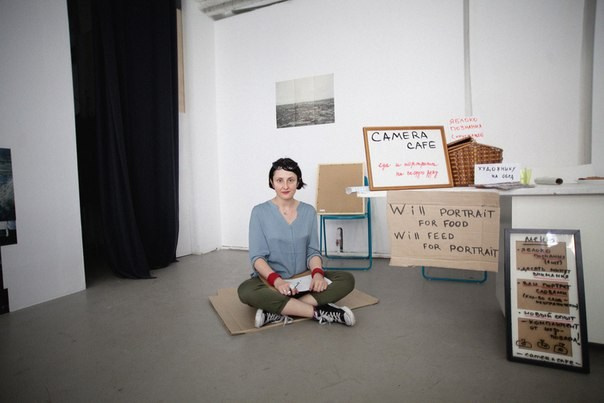
About my old performance
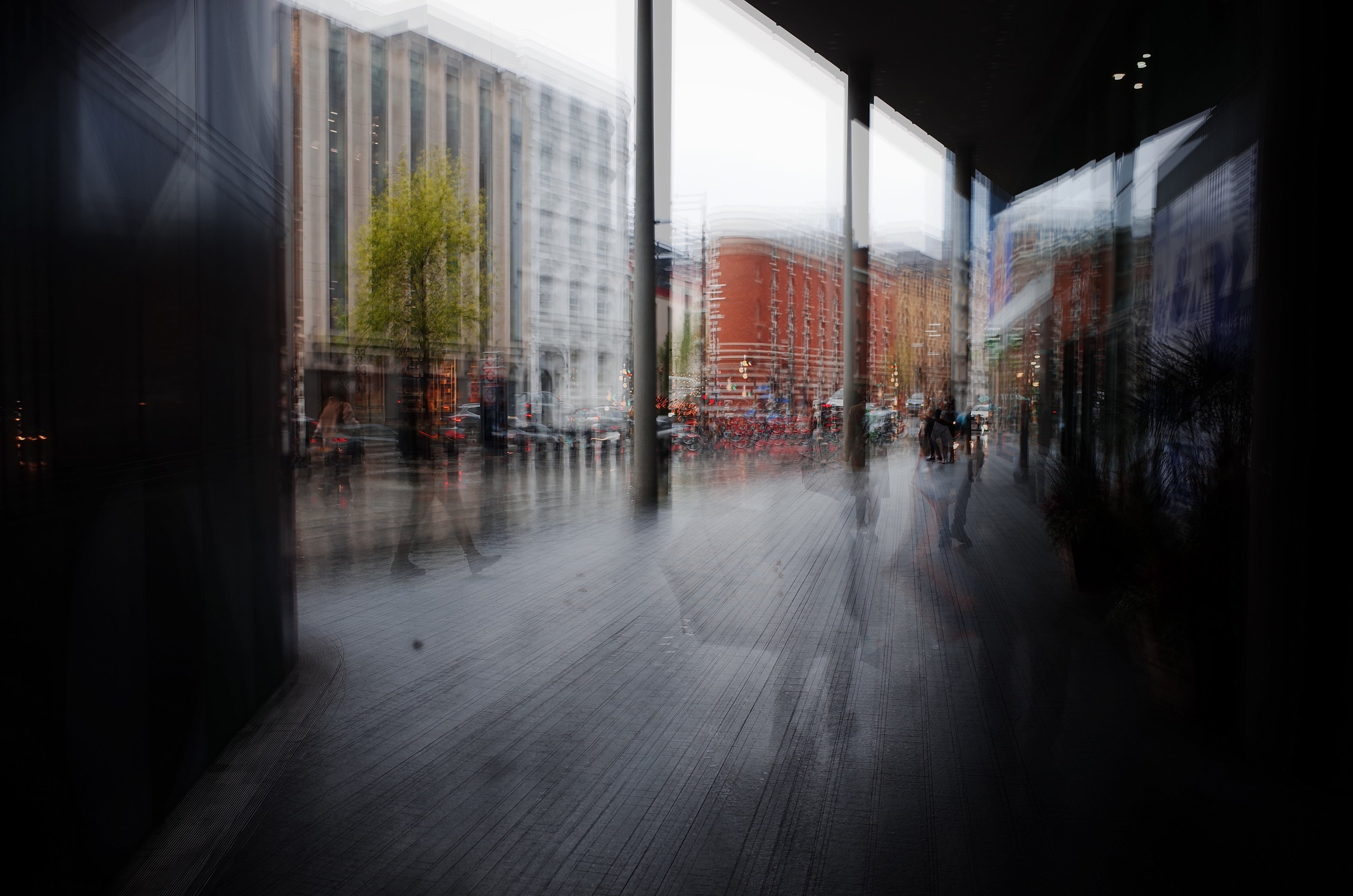
English (not yet summer) rain
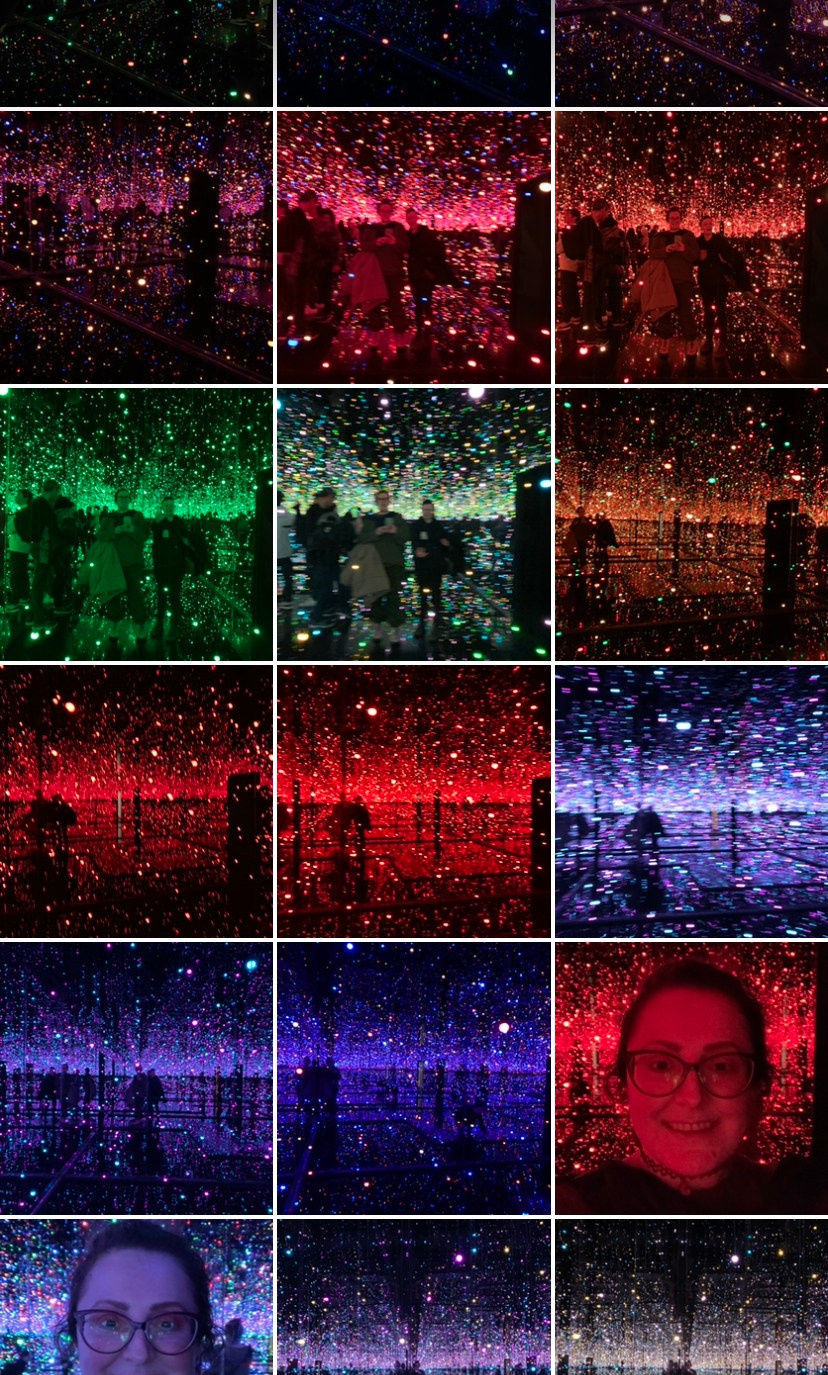
Kusama at Tate Modern
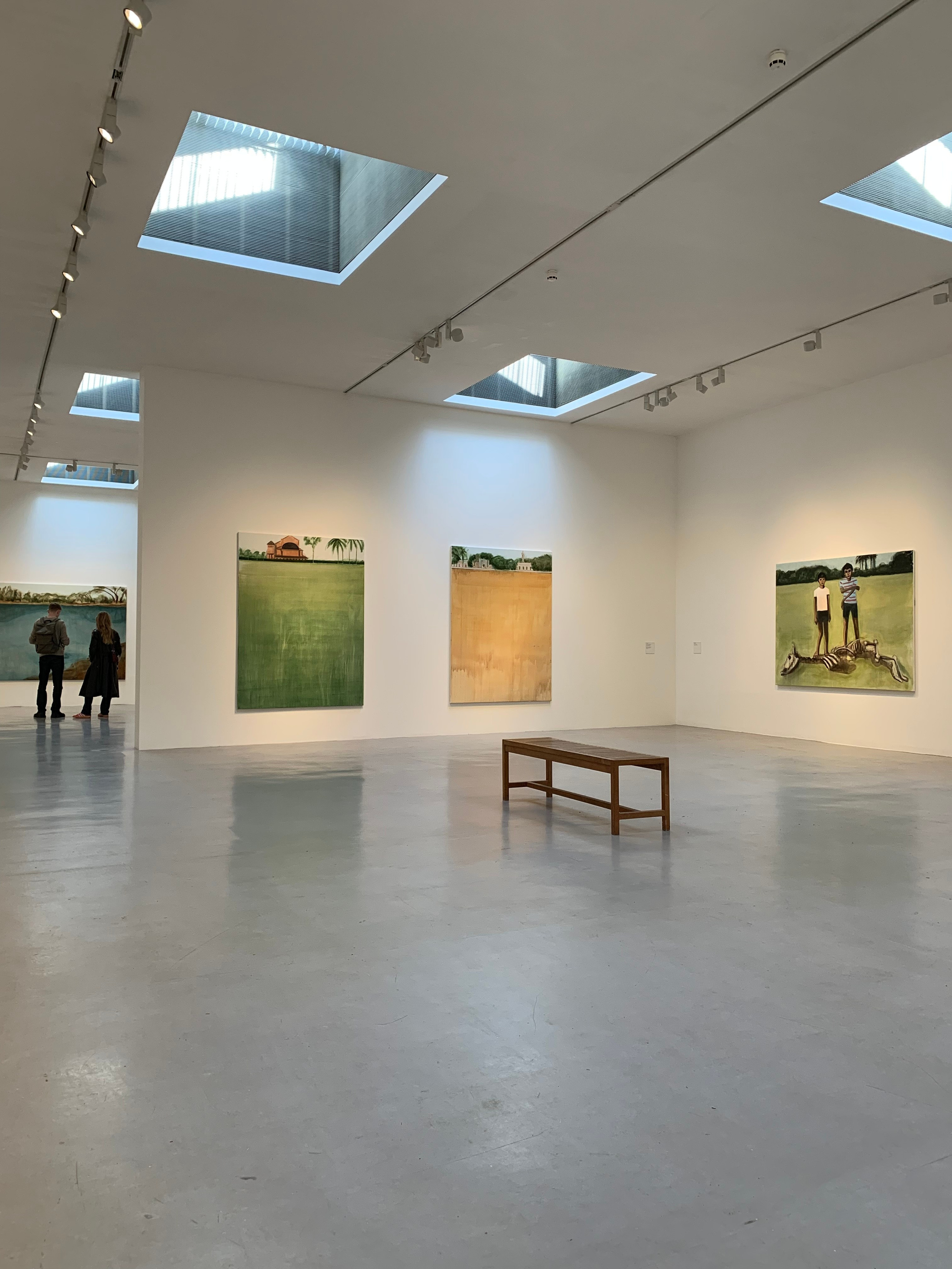
Camden Art Centre
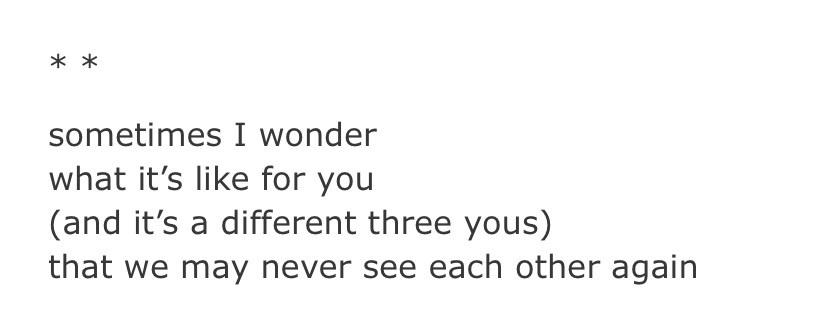
I translated one of my poems into English

Baby Reindeer
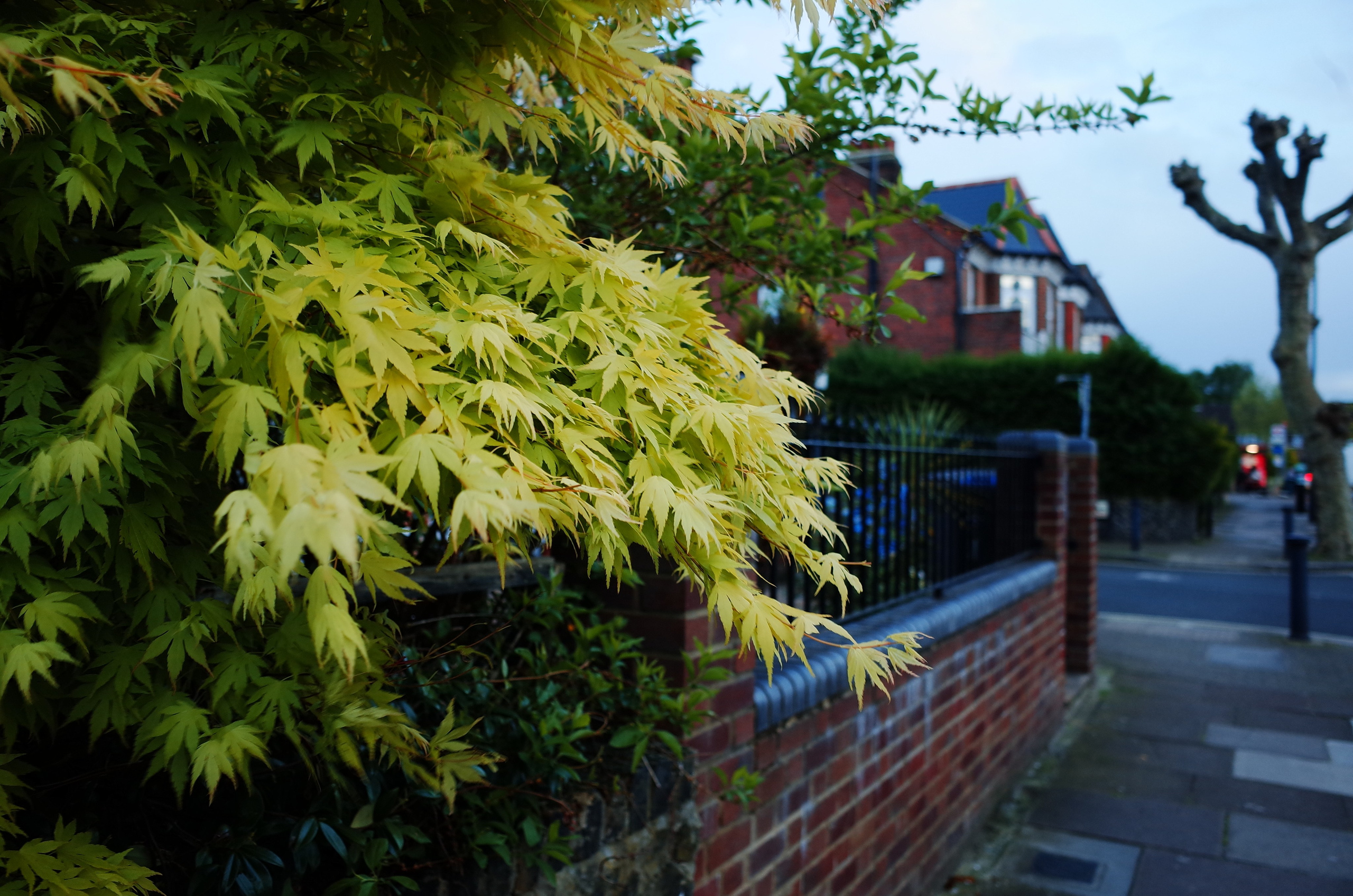
A flaming bush
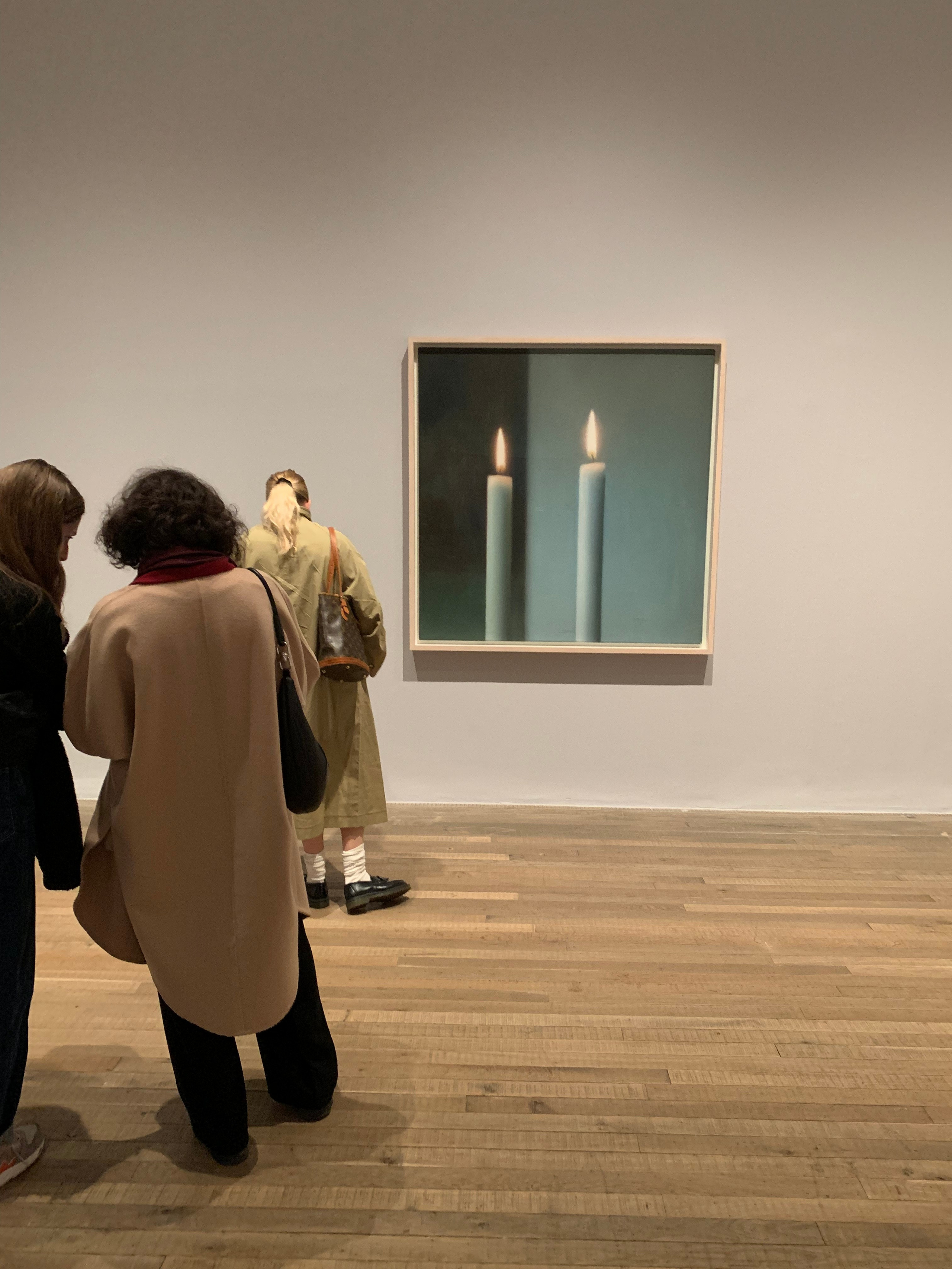
Capturing the moment at Tate Modern
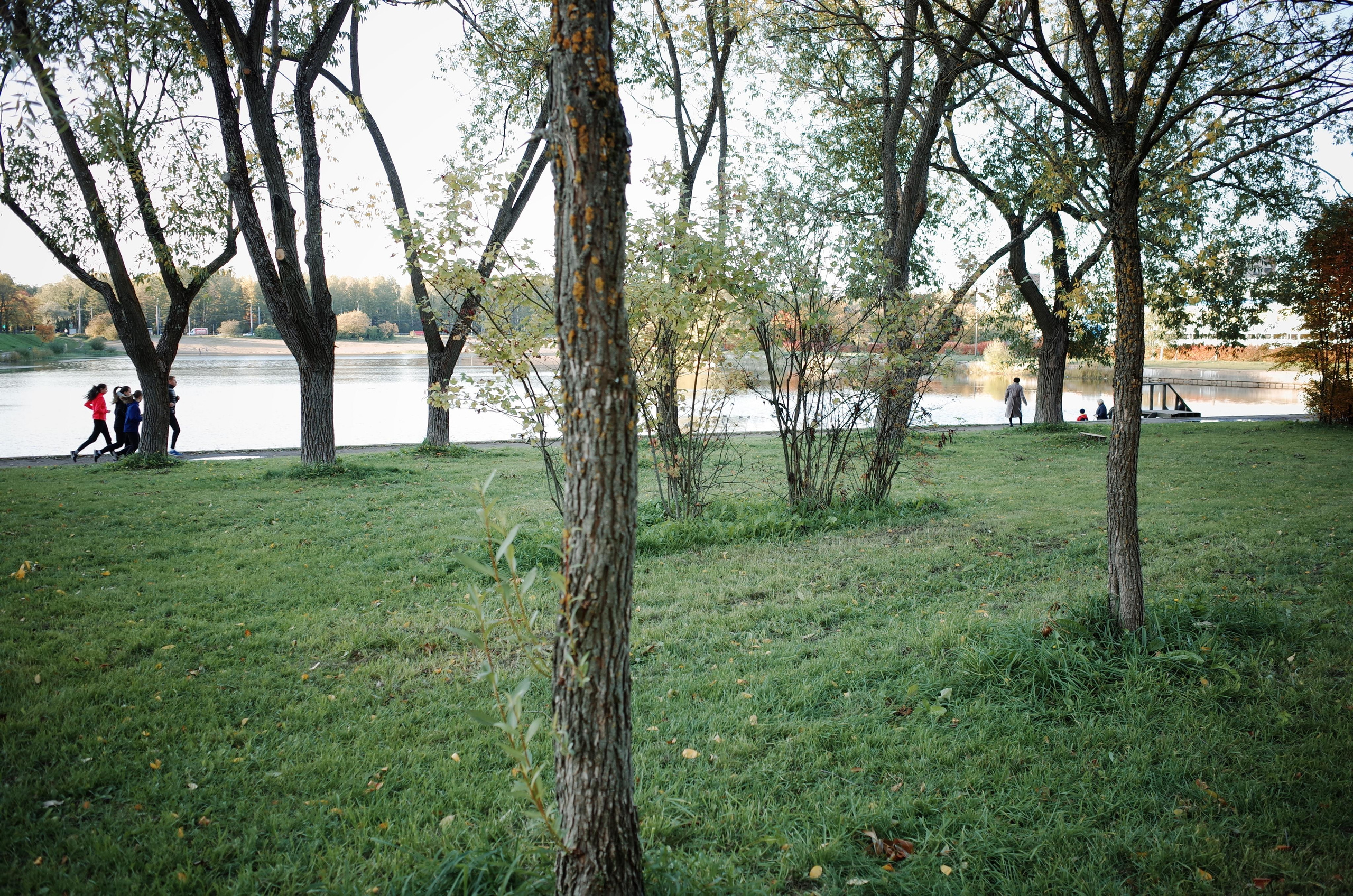
Little magic everythere
